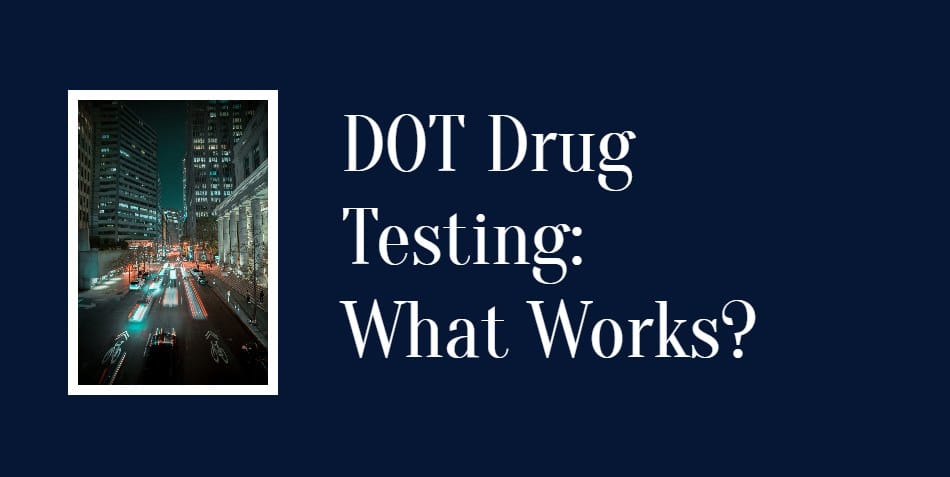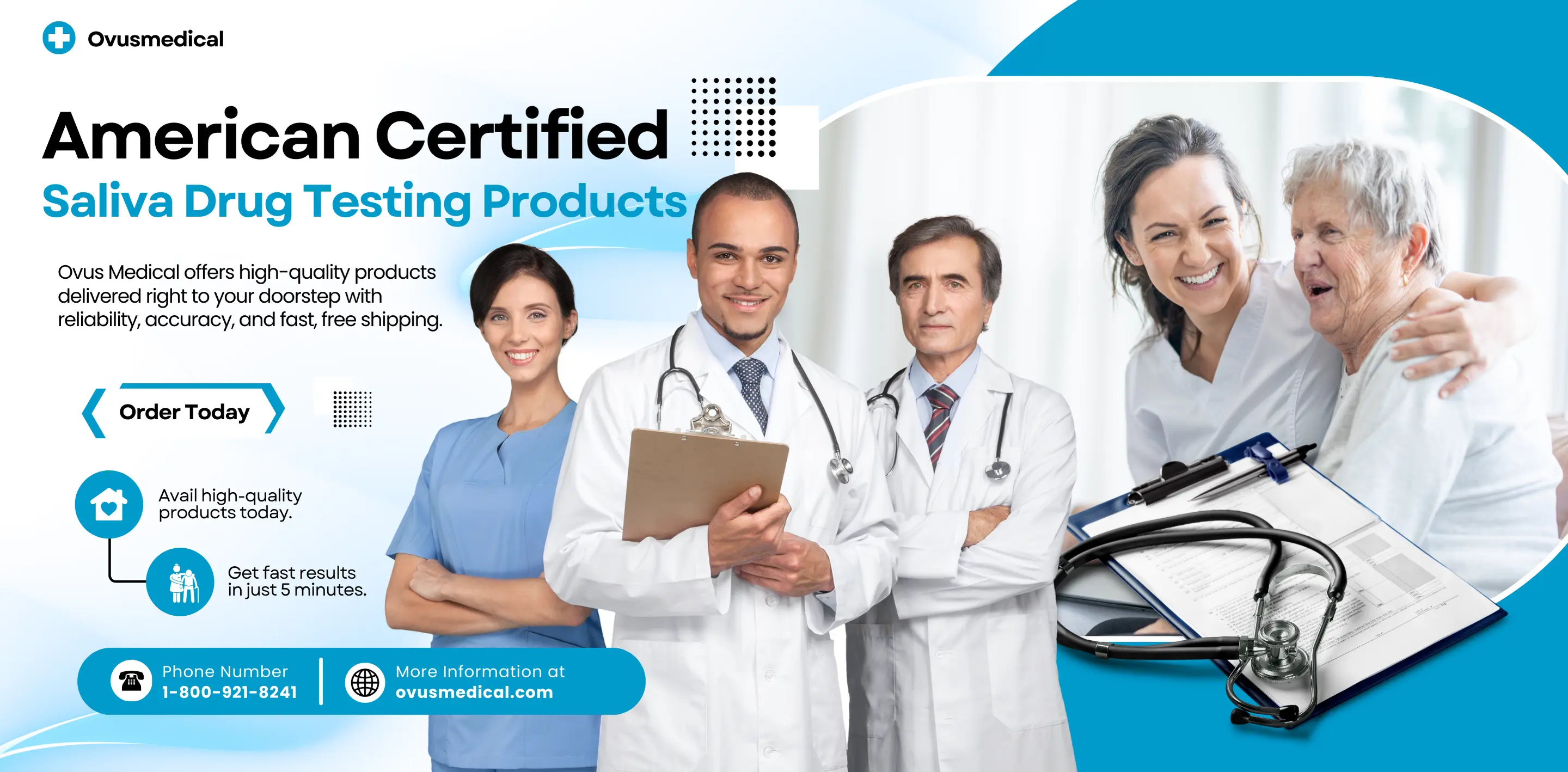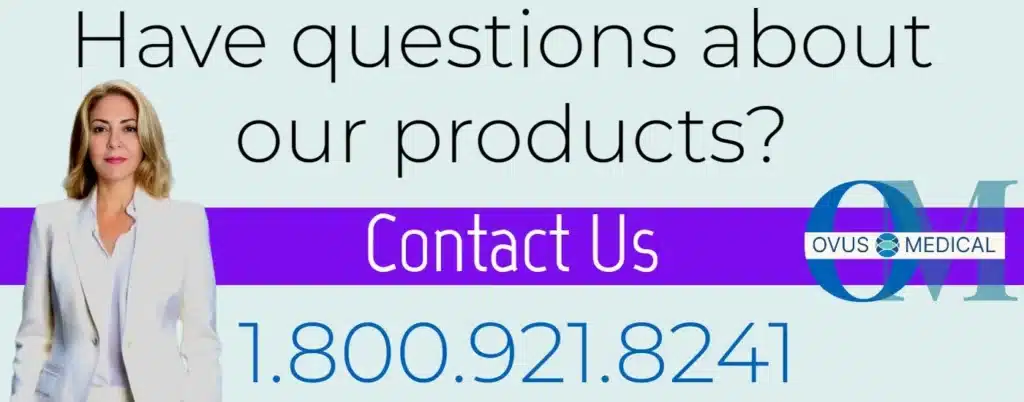Purchase Drug Testing Supplies Here At Lowest Prices Guaranteed – Free Shipping
While people who take substances that could temporarily or even permanently impair their normal functions. Causing themselves undue harm, the bigger concern is the potential harm they can inflict on others. This is not an issue of the carnage caused by drug-crazed maniacs. But an issue of the harm inadvertently caused by otherwise upright and well-meaning people handling potentially dangerous equipment. While under the influence of drugs.
The statistics of fatal accidents associated with drug use are alarming. As nearly half of deaths in car crashes in the United States are found to drug-related. While the government does as much as it legally can to curtail this dangerous practice. It can only set policies, engage in massive advocacy, and penalize private individuals. Who found to under the influence of controlled substances. When they are in the custody of the law due to a traffic violation or a road accident. Sadly, penalizing such offenders is, in many cases, pointless since the damage has already done. In the worst possible scenario, there might not anyone left alive to penalize.
What the government can do is see to it that certain personnel are drug-free. Before they can lawfully get behind the wheel of any mass transport vehicle or behind the controls of equipment. That could cause damage or harm. By virtue of the Omnibus Transportation Employee Testing Act passed by the United States Congress in 1991. The Department of Transportation requires alcohol and drug screening for all personnel regarded as safety-sensitive employees. These tests are under the purview of various regulatory agencies within the DOT.
DOT Drug Testing: Who should be tested?
Drug testing indicated for pilots, cabin crew, dispatchers, and coordinators covered by the Federal Aviation Administration. Also tested are drivers and operators of large commercial passenger vehicles or commercial motor vehicles. That transport hazardous materials and covered by the Federal Motor Carrier Safety Administration.
The U.S. Coast Guard requires drug testing on all crew members operating commercial watercraft. Operations, maintenance, and emergency response workers regulated by the DOT’s Pipeline and Hazardous Materials Safety Administration are, likewise, required to undergo routine drug screening. At the railways, all train dispatchers, engine and train workers, signal workers. Hours of Service Act personnel are subject to drug screening by the Federal Railroad Administration. Finally, the Federal Transit Administration requires testing on vehicle operators, controllers, mechanics, and armed security personnel.
Throughout these processes, the rights of employees who undergo routine testing continue to protected by U.S. Law. While not all drug abuse or misuse is criminal and makes the user liable under the law. It could, nevertheless, embarrassing and stigmatizing for the user when his positive drug test results made public. Such disclosure could result in scandal and even adversely affect the user’s behavior or even his reputation. A history of substance abuse could also deprive the user of employment opportunities and good social relationships.
When is DOT Drug Testing done? What happens to those who fail?
Since safety-sensitive workers should never be drug abusers, it is the policy of their employers to conduct pre-employment drug tests which serve as some level of screening to determine if the applicant should be considered for the job at all. However, an all-clear result in a pre-employment drug test is not a guarantee. That the employee will stay that way for the duration of employment. Maintaining a policy of random testing among employees serves as a deterrent. Because they can never tell when it’s their turn to tested.
In cases where there reasonable suspicion by a duly trained supervisor that an employee is misusing drugs, an unscheduled test can indicated. A safety-sensitive worker who found through a drug test to engaged in substance abuse immediately disallowed from working in such capacity lest he or she endangers other people.
An unfortunate ramification of facing a drug rap is the possible loss or suspension of a professional’s license or certification. If such a person seeks reinstatement after undergoing proper rehabilitation, he or she should undergo return-to-duty testing which can repeated several times in the first year. This practice of random drug tests can continue into several follow-up tests over the next five years.
As in the case of driving incidents among private individuals, a safety-sensitive worker under DOT supervision would be subject to post-accident testing in the event of such an incident. An alcohol test should administered within 8 hours of the accident, and a drug test within the first 32 hours.
Buy more Products at the Lowest Prices with Guaranteed Fast Shipping
What drugs are being checked?
Alcohol and marijuana are widely available, and are top suspect drugs for testing, the substances usually associated with car accidents. DOT drug testing currently employs considerably more sophisticated technology for checking substance abuse than the traditional alcohol-detecting breathalyzer. The standard protocol tests a urine sample for the presence of five main categories of commonly abused substances.
Even as the legal status of marijuana is constantly evolving in various ways from state to state, cannabinoids are surely among the substances being looked out for among safety-sensitive workers. However, it is principally delta-9-tetrahydrocannabinol or THC (and not the innocuous cannabidiol) which is being checked by urine testing.
Opiate usage continues to be widespread, particularly in its various derivatives such as morphine, codeine, fentanyl, hydrocodone, oxycodone, methadone, heroin, and meperidine. While some of these drugs legally manufactured, prescribed, and administered for pain management, they can diminish a user’s ability to operate potentially dangerous equipment and thus disallowed in DOT workers in safety-sensitive tasks.
Per DOT regulations, drug tests also look out for the presence of amphetamines like speed, methylphenidate, dextroamphetamine, and methamphetamine (which is commonly referred to as crystal meth or crack). Likewise, DOT drug testing checks for the presence of cocaine or coke.
A highly dangerous drug that checked by DOT Drug Testing Phencyclidine or PCP, often referred to as angel dust. Originally developed as a powerful anesthetic, its recreational use could cause the person to become dangerous to himself and to others, especially law enforcers, as he becomes impervious to physical pain and attempts feats of superhuman strength while in an uncoordinated state.
More information on DOT drug testing and how to ensure accurate and uncontestable test results is available on the Ovus Medical Blog Page.
Conclusion
DOT drug testing is a critical safety measure to ensure that transportation workers remain drug-free while operating vehicles and heavy machinery. Failing a test can result in job loss, mandatory rehab, and long-term consequences, making compliance essential.
For employers and employees, understanding DOT regulations helps maintain safety and avoid violations. Accurate, reliable testing supplies (like those from Ovus Medical) ensure fair and lawful enforcement.
FAQs About DOT Drug Testing
1. Who is required to take DOT drug tests?
Safety-sensitive employees in transportation industries, including:
- Commercial truck/bus drivers (FMCSA)
- Airline pilots & crew (FAA)
- Train operators (FRA)
- Maritime crew (USCG)
- Pipeline workers (PHMSA)
- Transit employees (FTA)
2. What drugs does DOT testing screen for?
The standard 5-panel test checks for:
- Marijuana (THC)
- Cocaine
- Opiates (heroin, codeine, morphine, oxycodone, etc.)
- Amphetamines/methamphetamines
- Phencyclidine (PCP)
3. When is DOT drug testing required?
- Pre-employment (before hiring)
- Random testing (unannounced selection)
- Reasonable suspicion (observed impairment)
- Post-accident (after crashes)
- Return-to-duty (after failing a prior test)
- Follow-up testing (after rehabilitation)
4. What happens if I fail a DOT drug test?
- Immediate removal from safety-sensitive duties
- Required evaluation by a Substance Abuse Professional (SAP)
- Completion of a rehabilitation program
- Return-to-duty test before reinstatement
- Follow-up testing (minimum 6 tests in 12 months)
5. Can CBD or prescription medications cause a failed test?
- CBD products may contain trace THC, risking a positive test.
- Prescription opioids/amphetamines (e.g., Adderall, Vicodin) require a valid prescription and medical review.
6. How long do drugs stay detectable in urine?
- Marijuana (THC): 3-30 days (depends on usage)
- Cocaine: 2-4 days
- Opiates: 2-3 days
- Amphetamines: 1-3 days
- PCP: 7-14 days
7. Can I refuse a DOT drug test?
Refusing a test is treated the same as a failed test, resulting in immediate suspension and required SAP evaluation.
8. What’s the difference between DOT and non-DOT drug tests?
- DOT tests follow strict federal guidelines (5-panel urine test).
- Non-DOT tests may include additional substances (e.g., benzodiazepines, barbiturates).
9. How accurate are DOT drug tests?
- Initial screening (immunoassay): Highly sensitive but may have false positives.
- Confirmation (GC/MS): Lab-tested for 100% accuracy before reporting.
10. Where can I get DOT-compliant drug testing supplies?
Ovus Medical provides SAMHSA-compliant drug test cups, including 5-panel DOT-approved kits.


